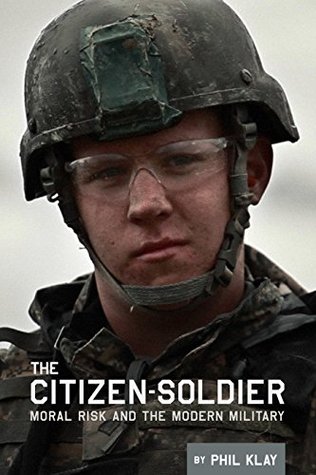More on this book
Kindle Notes & Highlights
by
Phil Klay
Read between
January 4 - February 13, 2020
the Penitential Ordinance imposed on Norman knights who fought with William the Conqueror on Senlac Hill at the Battle of Hastings in 1066. “Anyone who knows that he killed a man in the great battle must do penance for one year for each man that he killed,”
there seems something bizarre, if not cruel about demanding something of men and then demanding penance for that same thing.
The philosopher and World War II veteran J. Glenn Gray wrote that for a soldier, “guilt can teach him, as few things else are able to, how utterly a man can be alienated from the very sources of his being.
“The notion of war as sin simply doesn’t play in Peoria—or anywhere else in the United States—because a fondness for war is an essential component of the macho American God,” wrote Vietnam War chaplain William Mahedy. “Yet the awareness of evil—in religious terms of consciousness of sin—is the underlying motif of the Vietnam War stories.”
A recent analysis of Census data shows that, compared with their peers, veterans volunteer more, give more to charity, vote more often, and are more likely to attend community meetings and join civic groups. This is the kind of civic engagement necessary for the functioning of a democracy.
They’d been assured they were heroes and that they had the support of a grateful nation. But, as recounted in Joe Klein’s book Charlie Mike, Greitens found what energized them was something different. Four words: “We still need you.”


